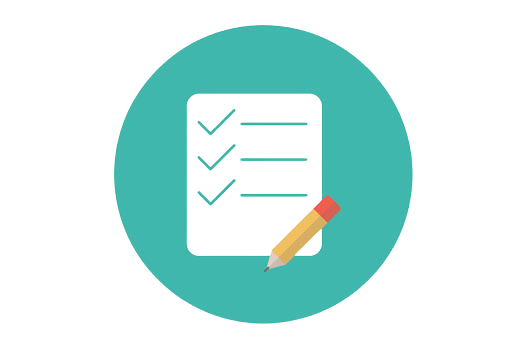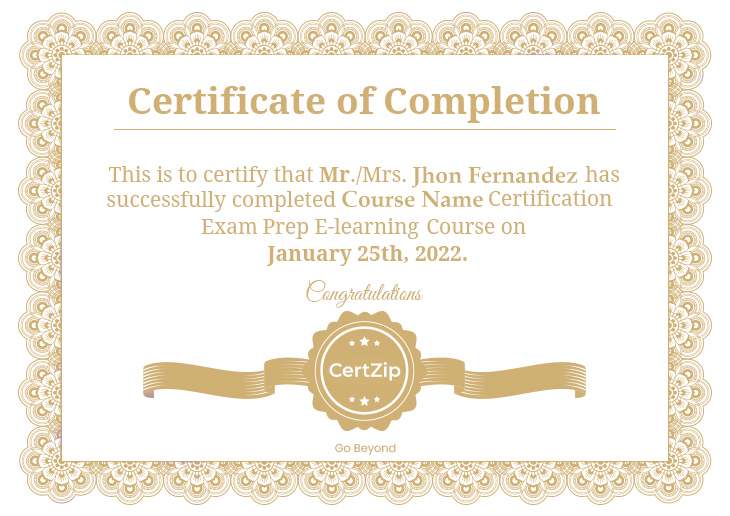Your Shopping Cart

Bestseller
The Certified Kubernetes Administrator (CKA) certification is a highly regarded credential in the realm of container orchestration and cloud-native computing. It is designed to validate an individual's proficiency in deploying, managing, and troubleshooting Kubernetes clusters, which have become the de facto standard for container orchestration and application scaling. The CKA certification attests to a candidate's deep understanding of Kubernetes architecture, installation and configuration, networking, security, and application lifecycle management, among other critical areas
The CKA certification is particularly valuable for professionals in roles such as system administrators, DevOps engineers, Kubernetes administrators, and cloud-native practitioners. With the increasing adoption of containers and Kubernetes in modern application development and deployment, CKA-certified individuals are well-equipped to meet the demands of cloud-native technologies and contribute to the successful implementation of Kubernetes in their organizations.
The CKA certification is a globally recognized credential that validates an individual's expertise in deploying, managing, and troubleshooting Kubernetes clusters, which is a popular container orchestration platform.
The CKA certification is important because it demonstrates a candidate's ability to work with Kubernetes effectively, a skill highly sought after in today's cloud-native and containerized application environments.
The CKA certification is ideal for system administrators, DevOps engineers, Kubernetes administrators, and anyone involved in container orchestration who wants to validate their Kubernetes knowledge and skills.
The CKA exam typically covers a range of Kubernetes-related topics, including cluster architecture, installation and configuration, networking, security, application lifecycle management, and troubleshooting.
The CKA exam is a performance-based exam where candidates must complete practical tasks in a live Kubernetes cluster. The exam is time-limited, usually around 2 hours.
Course Introduction
K8s Basics - Quick Recap
K8s Management Overview
Working with kubectl
Pods and Containers Overview
Exploring K8s Scheduling
K8s Deployments Overview
K8s Networking Architectural Overview
K8s Services Overview
K8s Storage Overview
K8s Troubleshooting Overview |
Certified Kubernetes Administrator (CKA) Practice Exam: Part 1
About the Exam |
While there are no formal prerequisites for the CKA exam, it is recommended that candidates have hands-on experience with Kubernetes and a solid understanding of container concepts.
To prepare for the CKA exam, it's essential to study the Kubernetes documentation, take online training courses or workshops, and practice using Kubernetes in a lab environment. There are also official CKA study guides and practice exams available.
The passing score for the CKA exam may vary, but it is typically around 74%.
Yes, the CKA certification is typically valid for two years. To maintain certification, candidates must retake and pass the current CKA exam or a relevant re-certification exam.
Yes, the CKA certification is vendor-neutral and is offered by the Cloud Native Computing Foundation (CNCF). You can take the exam remotely, as it is proctored online.


Every certification training session is followed by a quiz to assess your course learning.

The Mock Tests Are Arranged To Help You Prepare For The Certification Examination.

A lifetime access to LMS is provided where presentations, quizzes, installation guides & class recordings are available.

A 24x7 online support team is available to resolve all your technical queries, through a ticket-based tracking system.

For our learners, we have a community forum that further facilitates learning through peer interaction and knowledge sharing.

Successfully complete your final course project and CertZip will provide you with a completion certification.
You can contact us via email or on call.
The first re-attempt will be free of cost if you fail the exam.
Net banking, credit card, debit card are all accepted including PayPal. EMI options are also available.
You will receive the results after 10-15 days of the certification exam.
